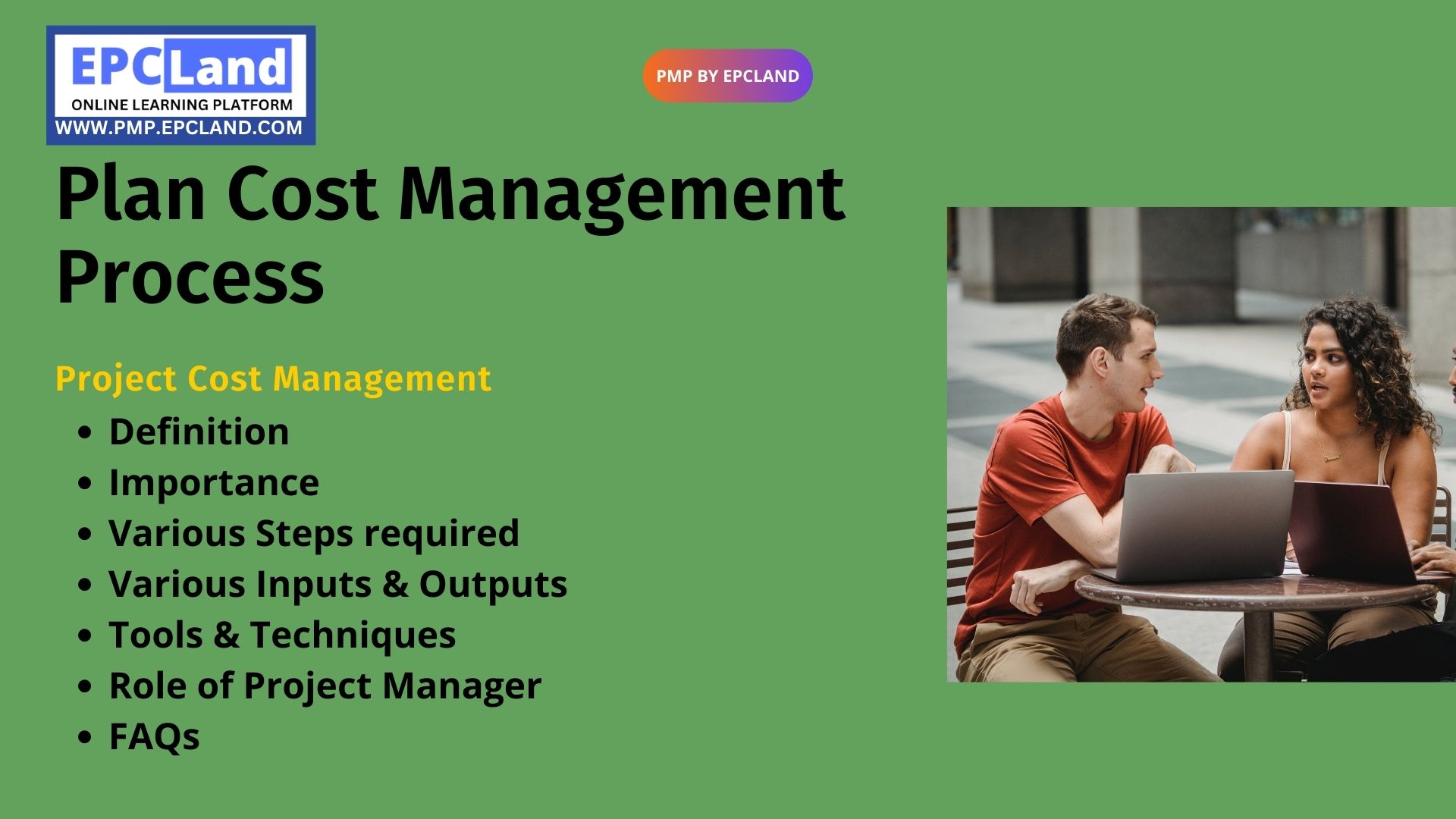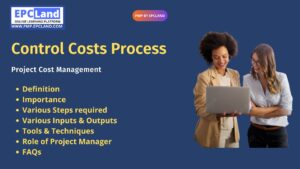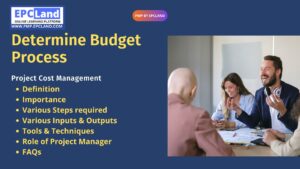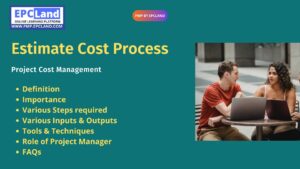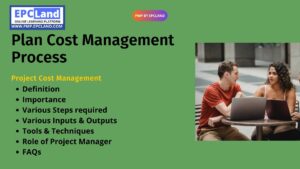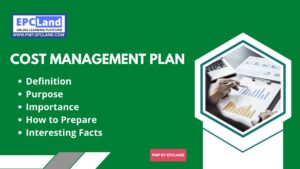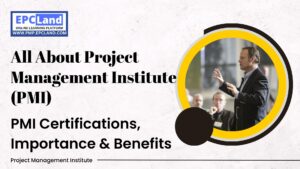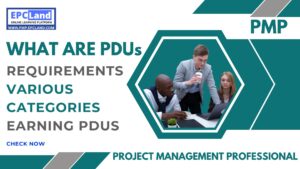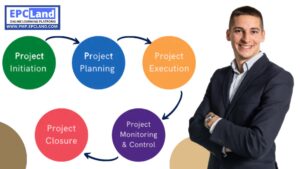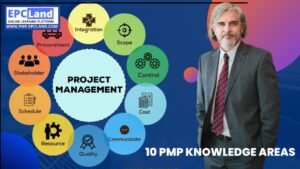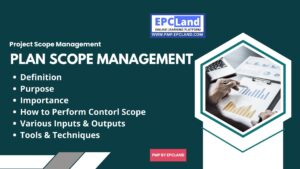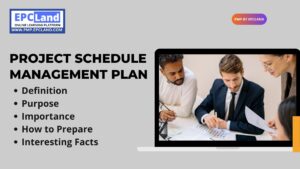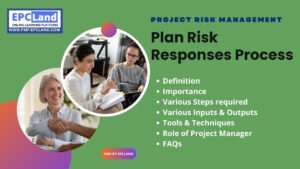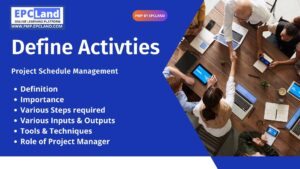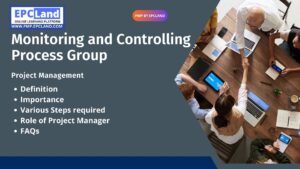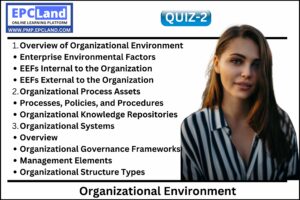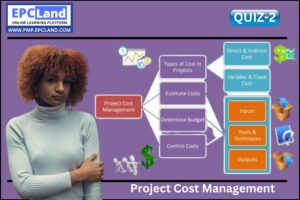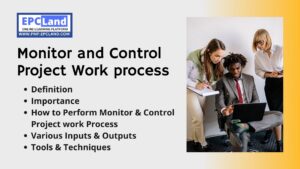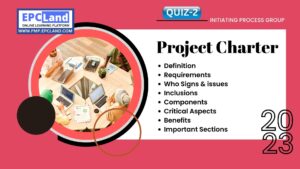In project management, cost control is a critical aspect of ensuring the success of a project. The Plan Cost Management Process is a crucial step in establishing a comprehensive project budget and ensuring that resources are allocated efficiently. A well-structured cost management plan helps project managers stay within budget, track expenses, and identify potential cost overruns early on. The plan should include a clear definition of project costs, a budget breakdown, and a system for monitoring and controlling costs throughout the project life cycle. By implementing a robust cost management plan, project managers can minimize the risk of cost overruns and ensure the project is delivered on time and within budget. Whether you are a seasoned project manager or just starting out, having a solid Plan Cost Management Process in place is key to project success.
What is the Importance of “Plan Cost Management Process” in Project Cost Management
The Plan Cost Management Process is important in Project Cost Management for several reasons:
- Budget Control: It helps project managers stay within budget by providing a clear definition of project costs, a budget breakdown, and a system for monitoring and controlling costs.
- Cost Visibility: A well-structured cost management plan provides visibility into project costs and allows project managers to identify potential cost overruns early on.
- Resource Allocation: It ensures resources are allocated efficiently and helps project managers make informed decisions about resource allocation and project execution.
- Risk Mitigation: By implementing a comprehensive cost management plan, project managers can minimize the risk of cost overruns and ensure the project is delivered on time and within budget.
- Improved Project Performance: By having a robust cost management plan in place, project managers can improve the overall performance of the project and achieve better results.
Attempt Quiz-1 on Plan Cost Management Process
What are Various Steps required in “Plan Cost Management Process” in Project Cost Management
The Plan Cost Management Process in Project Cost Management typically includes the following steps:
- Define the project budget: Establish a clear definition of project costs and create a budget breakdown that includes all project expenses.
- Determine cost estimating techniques: Choose cost estimating techniques that are appropriate for the project and align with the budget.
- Establish a cost management system: Set up a system for monitoring and controlling costs throughout the project life cycle.
- Perform cost estimating: Use the selected cost estimating techniques to estimate the costs of each project component.
- Develop a cost baseline: Create a cost baseline that incorporates the project budget and cost estimates and serves as a reference point for tracking and controlling costs.
- Monitor and control costs: Regularly monitor and control costs throughout the project life cycle to identify any potential cost overruns and take corrective actions.
- Review and update the cost management plan: Continuously review and update the cost management plan to ensure that it remains relevant and effective throughout the project.
What are various Tools & Techniques used for “Plan Cost management Process” in Project Cost Management
The following are some of the commonly used tools and techniques for the Plan Cost Management Process in Project Cost Management:
- Cost Estimating: Techniques such as analogous estimating, bottom-up estimating, and parametric estimating are used to estimate the costs of project components.
- Budgeting: Budgeting tools such as spreadsheets and project management software are used to develop a budget breakdown and track project expenses.
- Cost Baseline: A cost baseline is established to provide a reference point for tracking and controlling costs and is updated regularly as the project progresses.
- Earned Value Management (EVM): EVM is a method of measuring project performance by comparing the planned value of work to the actual costs incurred.
- Cost of Quality (COQ): COQ is a method of estimating the costs of maintaining a specified level of quality in a project.
- Cost of Consequence Analysis: This tool is used to evaluate the potential impact of cost overruns on project outcomes and to identify possible corrective actions.
- Variance Analysis: Variance analysis is used to compare actual costs to the cost baseline and identify areas where costs have exceeded the budget.
These are some of the commonly used tools and techniques for the Plan Cost Management Process in Project Cost Management. The selection of tools and techniques will vary depending on the specific requirements of the project.
What are various Inputs required for “Plan Cost management Process” in Project Cost Management
The following are some of the inputs required for the Plan Cost Management Process in Project Cost Management:
- Project Charter: The project charter provides an overview of the project and includes information on project scope, budget, and stakeholders.
- Project Management Plan: The project management plan outlines the overall approach to project management, including cost management.
- Cost Estimating Tools and Techniques: The cost estimating tools and techniques selected for the project should be described in detail.
- Historical Information: Historical data from previous projects can provide valuable information for cost estimating and budgeting.
- Stakeholder Requirements: The requirements of stakeholders, including budget and timeline constraints, should be taken into consideration when developing the cost management plan.
- Resource Availability: The availability of resources, including personnel, equipment, and materials, should be considered when estimating costs and developing the budget.
- Market Conditions: Market conditions, including inflation and interest rates, should be taken into consideration when estimating costs and developing the budget.
What are various Outputs required for “Plan Cost management Process” in Project Cost Management
The following are some of the outputs of the Plan Cost Management Process in Project Cost Management:
- Cost Management Plan: The cost management plan outlines the approach to cost management and includes details on cost estimating techniques, budgeting, and cost control.
- Cost Baseline: The cost baseline provides a reference point for tracking and controlling costs and includes the project budget and cost estimates.
- Budget: The budget is a breakdown of project costs and includes details on the estimated costs of each project component.
- Cost Management Reports: Regular cost management reports provide updates on project expenses and allow project managers to monitor and control costs.
- Change Requests: Change requests may be generated as a result of cost overruns or changes to project requirements and should be reviewed and approved by stakeholders.
- Corrective Actions: Corrective actions may be necessary to address cost overruns or other issues and should be described in the cost management plan.
- Approvals: Approvals from stakeholders may be required for changes to the cost management plan or budget.
What is Role of Project Manager in “Plan Cost Management Process” in Project Cost Management
The project manager plays a critical role in the Plan Cost Management Process in Project Cost Management. Some of the key responsibilities of the project manager in this process include:
- Developing the cost management plan: The project manager is responsible for developing the cost management plan, which outlines the approach to cost management and includes details on cost estimating techniques, budgeting, and cost control.
- Estimating costs: The project manager is responsible for estimating the costs of project components and developing a comprehensive budget.
- Monitoring and controlling costs: The project manager is responsible for regularly monitoring project expenses and taking corrective actions as necessary to keep the project within budget.
- Communicating with stakeholders: The project manager is responsible for communicating with stakeholders on cost-related issues and ensuring that they are aware of the status of project costs.
- Managing change requests: The project manager is responsible for managing change requests related to costs, including reviewing and approving changes to the cost management plan and budget.
- Ensuring cost-effectiveness: The project manager is responsible for ensuring that project costs are managed effectively and that resources are used in the most cost-efficient manner.
Attempt Quiz-2 on Plan Cost Management Process
Final take Away on “Plan Cost Management Process” in Project Cost Management
In conclusion, the Plan Cost Management Process in Project Cost Management is a crucial step in ensuring the success of a project. By estimating costs, developing a budget, and monitoring and controlling expenses, project managers can ensure that projects stay within budget and are completed on time and within scope. The project manager plays a key role in this process, and by using a range of tools and techniques and communicating effectively with stakeholders, they can ensure that the project is a success. A well-planned cost management process is essential for project success and can help organizations achieve their goals.
FAQs on “Plan Cost Management Process” in Project Cost Management
- What is the purpose of Plan Cost Management in Project Cost Management? The purpose of the Plan Cost Management Process in Project Cost Management is to establish and manage the project budget and ensure that project costs are controlled effectively. This process includes estimating costs, developing a budget, and monitoring and controlling expenses.
- Who is responsible for developing the cost management plan? The project manager is responsible for developing the cost management plan, which outlines the approach to cost management and includes details on cost estimating techniques, budgeting, and cost control.
- What are the key outputs of the Plan Cost Management Process? The key outputs of the Plan Cost Management Process include the cost management plan, the cost baseline, the budget, cost management reports, change requests, corrective actions, and approvals.
- How does the project manager monitor and control costs? The project manager monitors and controls costs by regularly reviewing project expenses, taking corrective actions as necessary, and communicating with stakeholders on cost-related issues.
- What are the key tools and techniques used in the Plan Cost Management Process? The key tools and techniques used in the Plan Cost Management Process include cost estimating, budgeting, and cost control techniques.
- What is the role of stakeholders in the Plan Cost Management Process? Stakeholders play a critical role in the Plan Cost Management Process, as they must provide approvals for changes to the cost management plan and budget, and must be kept informed of the status of project costs.
